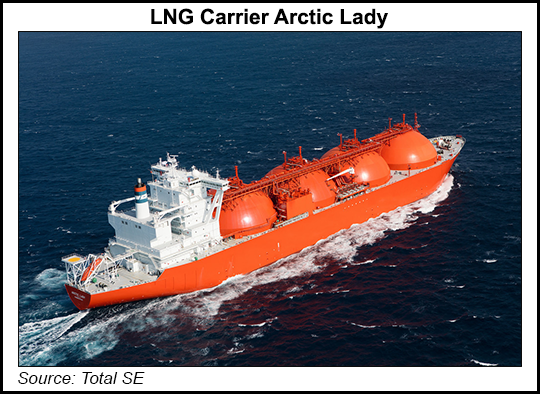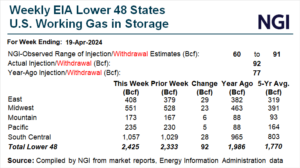France’s Total SE plans to base its growth strategy on liquefied natural gas (LNG) and renewable electricity during the 2020-2030 period and propose a name change to shareholders to reflect the shift in focus, management said Tuesday.
“The writing is on the wall,” said CEO Patrick Pouyanné upon presenting the major’s 2020 earnings to analysts and shareholders. “Clean, low-carbon energy is the future.”
In line with the transition, management is to propose a name change to TotalEnergies at the group’s next annual shareholder meeting on May 28.
“This name is consistent with our social values and ambition to achieve net-zero emissions by 2050 or sooner,” Pouyanné said.
As Total grows its LNG and renewables businesses, the company expects oil products to...



